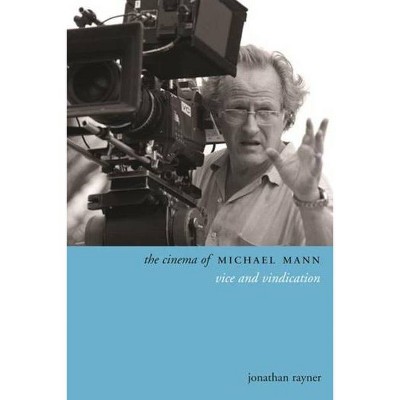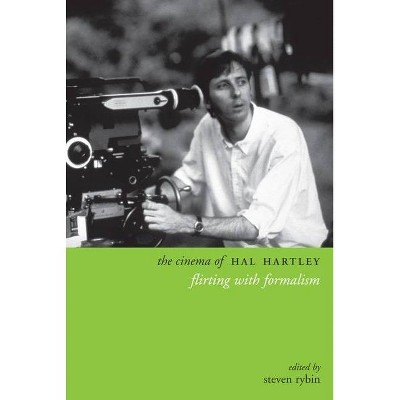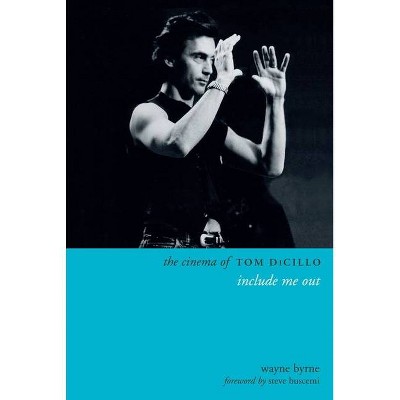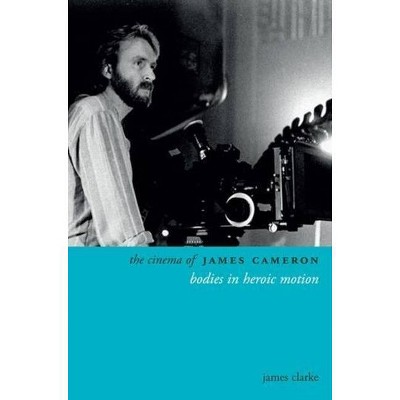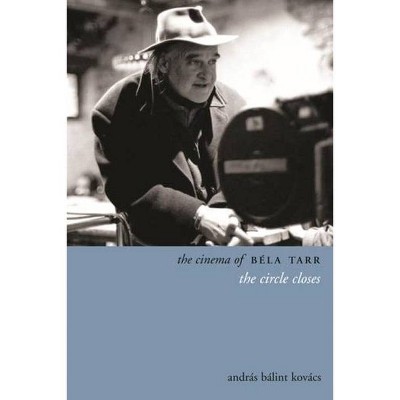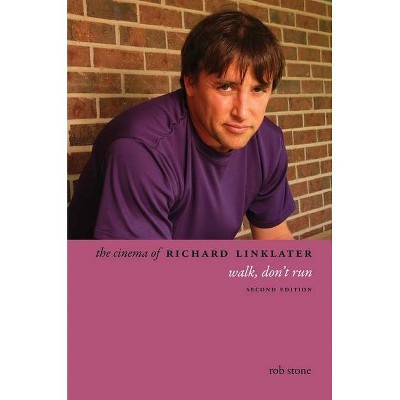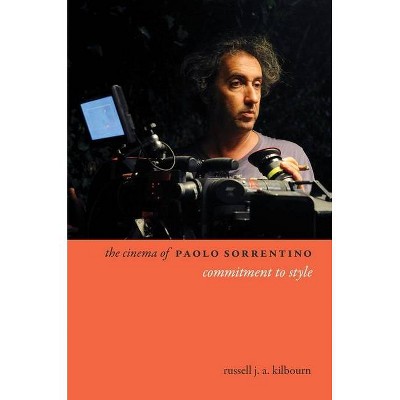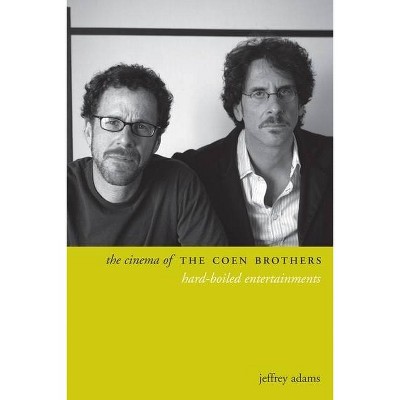The Cinema of Raúl Ruiz - (Directors' Cuts) by Michael Goddard (Paperback)
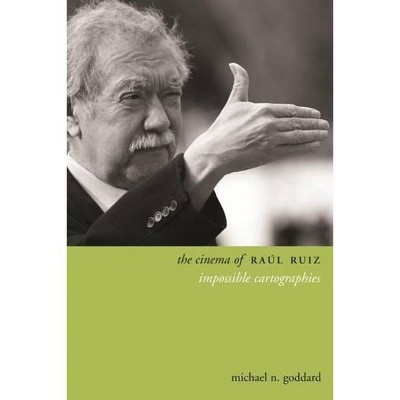
Similar Products
Products of same category from the store
AllProduct info
<p/><br></br><p><b> About the Book </b></p></br></br>This volume maps Ruiz's cinematic trajectory across more than five decades of prolific work<p/><br></br><p><b> Book Synopsis </b></p></br></br>Raúl Ruiz, while considered one of the world's most significant filmmakers by several film critics, is yet to be the subject of any thorough engagement with his work in English. This volume sets out on this task by mapping, as fully as possible, Ruiz's cinematic trajectory across more than five decades of prolific work, up to his death in 2011; ranging from his earliest work in Chile to high-budget 'European' costume dramas culminating in Mysteries of Lisbon (2010). It does so by treating Ruiz's work--with its surrealist, magic realist, popular cultural, and neo-Baroque sources--as a type of 'impossible' cinematic cartography, mapping real, imaginary, and virtual spaces, and crossing between different cultural contexts, aesthetic strategies, and technical media. It argues that across the different phases of Ruiz's work identified, there are key continuities such as the invention of singular cinematic images and the interrogation of their possible and impossible combinations.<p/><br></br><p><b> Review Quotes </b></p></br></br><br>A clear and penetrating analysis... Punctuated by brilliant film analysis, this volume is essential reading for anyone interested in the life and work of Raúl Ruiz.--Richard Bégin, University of Montreal<br><br>Raúl Ruiz, one of cinema's prodigious inventors, is the subject of this fascinating book. This scholarly work on Ruiz's extensive oeuvre provides a history of his filmmaking practice in Chile, Europe and elsewhere by contextualizing his remarkable personal history and intellectual trajectory. Further, the writer shows great sensitivity and care in engaging with Ruiz's fecund theoretical ideas and cinematic thought. The interview with Ruiz, done shortly before his untimely death, is not only poignant but also astutely illuminates his labyrinthine mode of thought, which has been so stimulating. This is a philosophically attuned book, with perceptive film criticism, written in an accessible and engaging manner. It is heartily recommended to those who still find cinema an indispensable ally in the adventure of thought. Through this book Ruiz now seems to signal to us across death, which he looked in the face through his Latin American Baroque optic, laced with humour. So we may use this book to slake our thirst for an understanding of Ruiz's inexhaustible allegorical cinematic vision of the world.--Laleen Jayamanne, Sydney University<br><br>The cinema of Raúl Ruiz is well known to all true cinephiles, but until now has gone under-analysed - effectively buried under the lamentably vague adjective 'Ruizian'. In the first single-authored English-language book on this great director, Michael Goddard expertly sifts through the many styles, contexts and personae of Ruiz: from Chilean radical to European artist, from no-budget experimentalist to wily entertainer, from theorist to storyteller. Using the lens of an 'impossible cartography', Goddard redraws all the maps we have used to grasp this most elusive and protean of international filmmakers - and concludes with a splendid, mind-expanding dialogue with Ruiz.--Adrian Martin, Goethe University and co-author with Raúl Ruiz of <i>Magnificent Obsessions</i><br><br>Michael Goddard's erudite new book is among the finest of contemporary film director studies to be published in recent years. It is a bold, authoritative and compelling survey of a career famously difficult to capture. Combining important and enriching context, engaging film analysis and a convincing central thesis, Goddard delivers his survey with a brio of which its subject would surely approved. The result is a nuanced and detailed portrait of the work of one of cinema's most fecund and engaging minds. The author succeeds in proposing on the one hand a scholarly periodisation and on the other some unifying theoretical concepts (principally cartography) which, against the odds perhaps, will leave the aficionado with an urge to explore further and deeper in the Ruizian labyrinth and the novice with the desire to begin somewhere, anywhere in the polymorphous corpus. This book serves as a worthy critical response to the incomparable range of output, the uncompromising vision, the ravenous intellectual energy and the sheer audacity of imagination of one of cinema's true, or (as Ruiz himself would probably prefer), fake originals.--Garin Dowd, University of West London<br><p/><br></br><p><b> About the Author </b></p></br></br>Michael Goddard is Senior Lecturer in Media Studies at the University of Salford, UK. His recent research centers on audiovisual media cultures and media theory; currently he is researching radical media ecologies in the 1970s.
Price History
Price Archive shows prices from various stores, lets you see history and find the cheapest. There is no actual sale on the website. For all support, inquiry and suggestion messages communication@pricearchive.us
